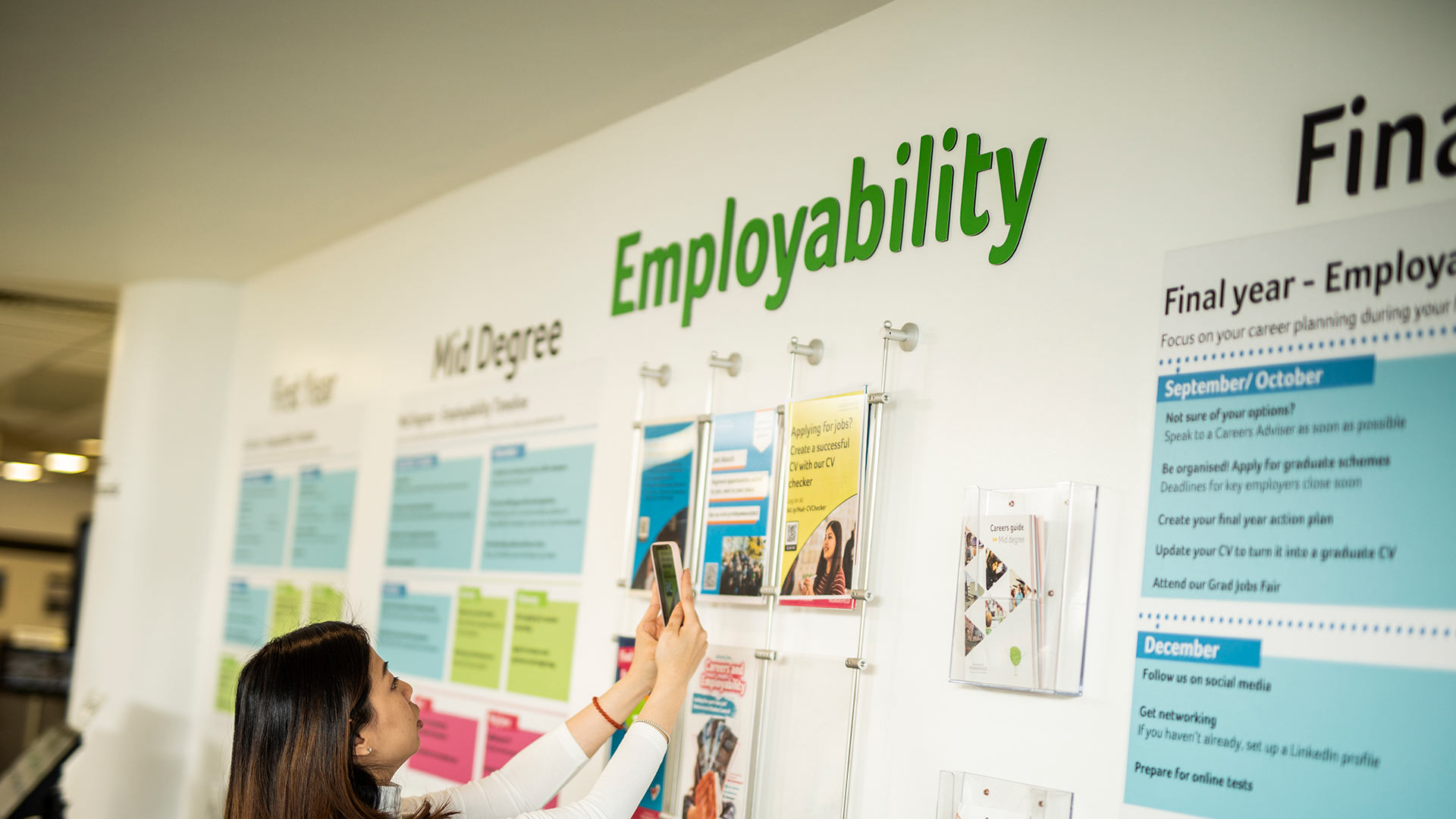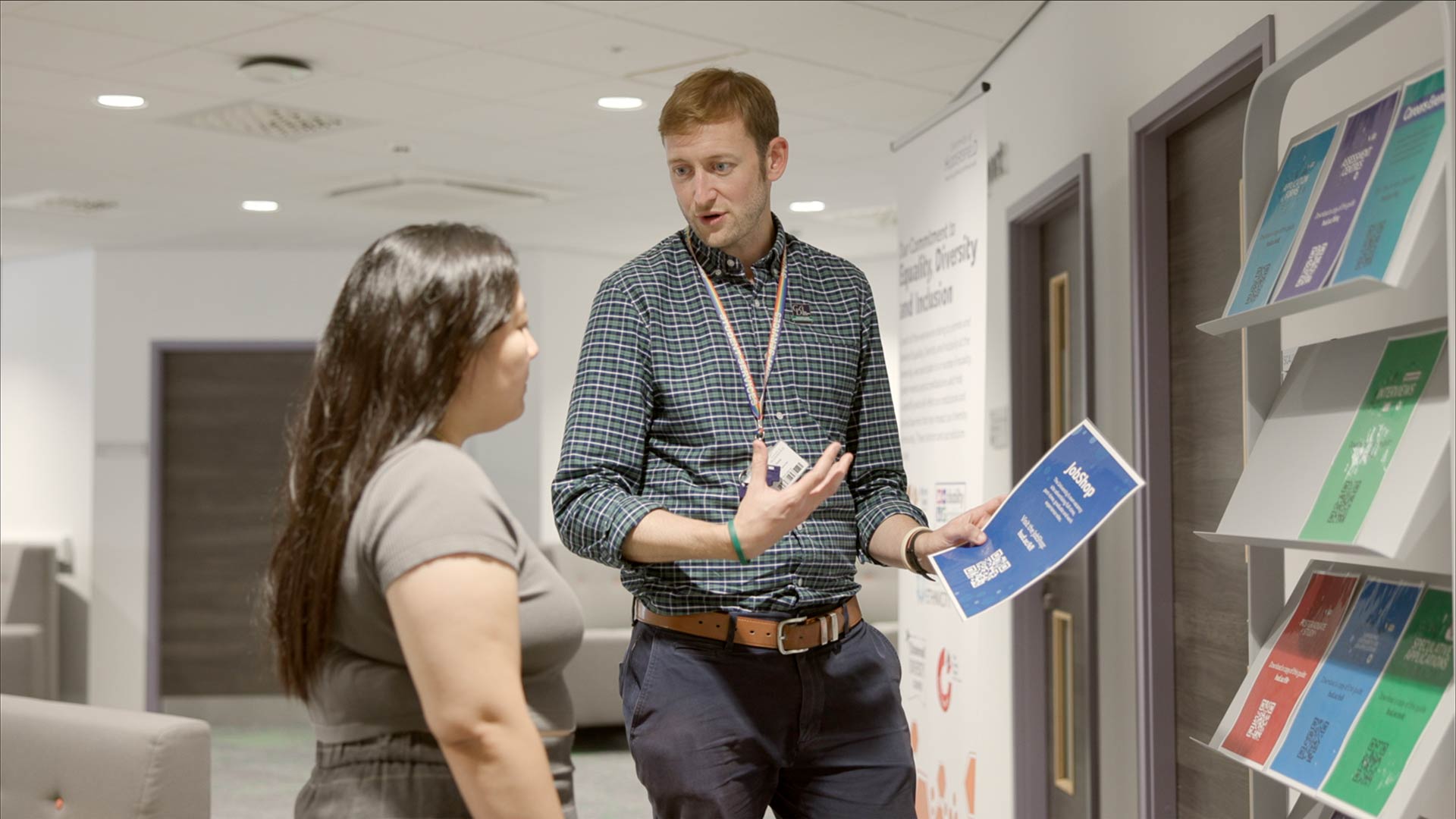
A Career in Careers: The role of the Career Development Professional
Working in Career Development and Employability can be very rewarding. In this profession, you will be responsible for working with people from all walks of life and guiding and supporting them in planning and progressing their own careers.
In this first blog in our A Career in Careers series, we will explore the profession by looking at what a Career Development is as well as:
- Where Career Development professionals work
- What a Career Development professional does
- The impact Career Development professionals have on society
- Salary expectations
- Benefits of working in this profession
What is a Career Development professional?
A Career Development professional has the knowledge, skills and experience to guide people through the career development process and empower them to make informed decisions about their education and employment. They can help individuals navigate career and educational decisions at key transition points, such as leaving school, college or university, changing job or industry, or returning to the workforce after a break.
Where do Career Development professionals work?
There are opportunities to work in education, in schools, colleges or universities, as well as in large corporations, supporting staff in managing their early career. You can also work within other organisations such as local authorities, prisons, charities, or even work as a freelancer.
This large selection of potential work settings, combined with the current shortage of qualified career professionals in the UK means that there are many and varied opportunities for employment in the Career Development sector.

What do Career Development professionals do?
Working in Careers involves so much more than talking about jobs. Career Development professionals support people to make decisions about the direction of their life, learning and work. They might also support the development of employability skills and coach their clients to be able to articulate these effectively in applications and at interviews and assessment centres.
Some of the areas of Career Development that you might support your clients with include:
• Exploring and evaluating different career options to make informed decisions about careers.
• Identifying skills, strengths, interests and ambitions to develop clear career and life goals.
• Learning about the job market and gathering information about specific industries and companies.
• Developing effective job search strategies, including creating effective CVs and cover letters, preparing for interviews, and building a network.
• Understanding the job market and wider world developments and how these might impact career decisions.

Making an impact on society as a Career Development professional
Alongside having an impact at an individual level, the role of the Career Development professional is important to the future of society, as it can play a part in promoting social and economic progress by:
• Supporting lifelong learning and personal development: to create a more skilled, adaptable, and capable workforce, and drive economic growth and societal progress.
• Enhancing workforce development: to ensure individuals are in roles that utilise their strengths, increasing their motivation, productivity and enthusiasm for professional development.
• Reducing unemployment and poverty: by enabling individuals to understand the job market, identify job opportunities, develop job search strategies, and prepare for job interviews.
• Promoting diversity, inclusion, and social justice: by helping organisations to build more diverse and inclusive workplaces.
What salary can I expect as a Career development professional?
Salaries vary across the sector and are often dependant on the type of employer you work for, your experience and qualification level. If you are working freelance, you will be able to set your own fees. Typical salary ranges:
• Careers Information Assistant: £22,000 - £26,000
• School or college Career Adviser: £26,000 - £35,000 (pay may be pro rata if term time only)
• Careers Consultant (university): £33,000 - £50,000
• Head of Careers (university): £40,000 - £65,000
• Director of Careers & Employability (universities or corporate organisations): £75,000+
The benefits of working in Career Development
Like any profession, working in Career Development can come with its downsides. For example, you might encounter work stress, or (in smaller organisations) isolation and lack of progression. However, the benefits arguably far outweigh these and can include:
• Job satisfaction: You will support people at pivotal moments in their lives and can make a significant difference to their life satisfaction and contribution to the workforce and wider society.
• Variety: Career Development professionals often have a huge amount of variety in their day-to-day work. No two careers conversations will be the same and there are often many facets to the role – you are likely to engage with employers, organise events and activities and create exciting opportunities to inspire those you work with to discover and explore new career options.
• Autonomy: As a Career Development professional, you will often have a lot of autonomy over your working day and how you choose to engage with the people you work with.

Final thoughts
A career in Career Development can be varied, rewarding and allow you to make a meaningful difference to people’s lives and that of wider society. If you’re interested in working in this profession, our next blog will explore the entry routes to working in Career Development.
Read this blog to find out how to become a Career Development professional.

